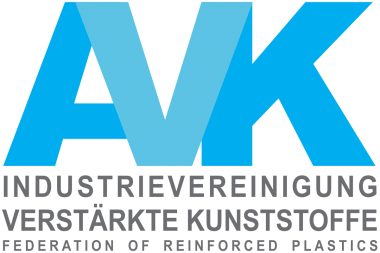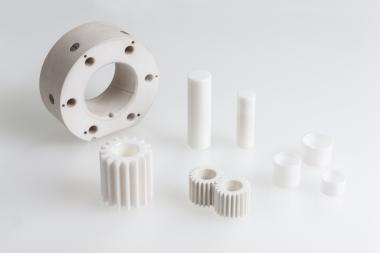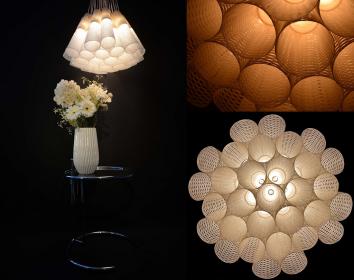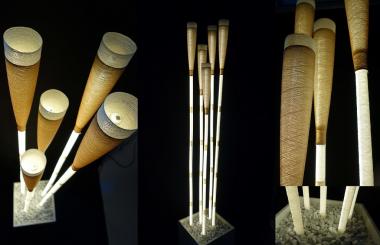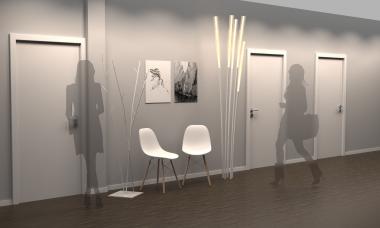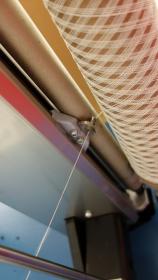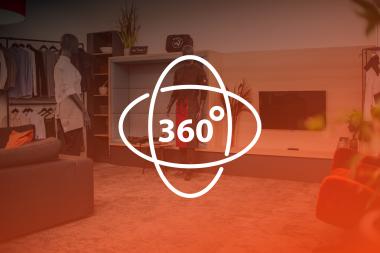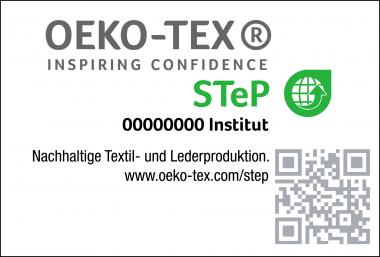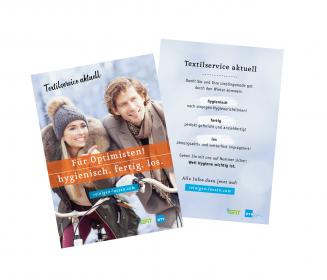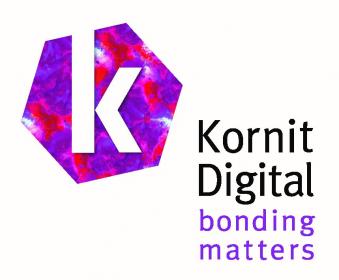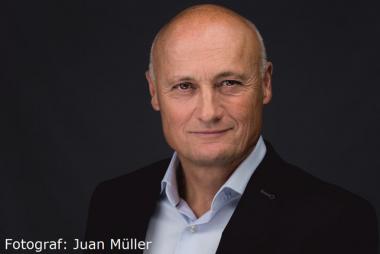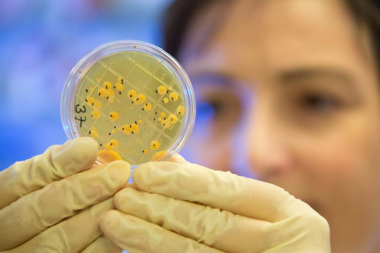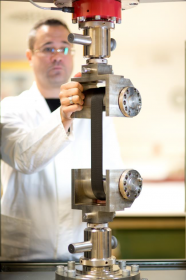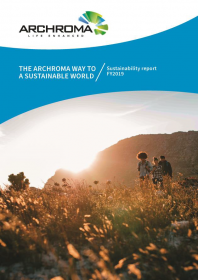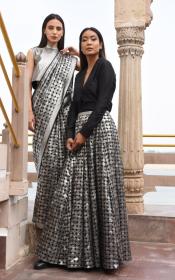Maschenindustrie leicht erholt
„Gerade jetzt darf die Politik uns nicht noch mehr Fesseln anlegen“
Stuttgart – Nach beispiellosen Umsatzeinbrüchen bis in die Sommermonate zeichnet sich in der Maschenindustrie eine leichte Erholung ab. Der Geschäftsklimaindex der Branche kletterte zum 4. Quartal wieder in den positiven Bereich. Martina Bandte, Präsidentin von Gesamtmasche, mahnt die Politik zu Augenmaß: „Steuererhöhungen und zusätzliche Bürokratie sind das letzte, was wir jetzt brauchen können.“
In der ersten Jahreshälfte hatten die Maßnahmen zur Eindämmung des Corona-Infektionsgeschehens zu beispiellosen Umsatzeinbrüchen geführt. In der Folge musste über die Hälfte der Firmen ihr Personal langfristig reduzieren. Mit 7,90 Indexpunkten befindet sich der Geschäftsklimaindex jetzt wieder im leichten Plus. Anlass zur Entwarnung gibt die Entwicklung noch lange nicht. „Wir werden selbst bei günstigen Rahmenbedingungen Jahre brauchen, um die tiefe Rezession auszugleichen“, mahnt Martina Bandte, Präsidentin von Gesamtmasche.
„Angesichts der Corona-Pandemie hat sich der Koalitionsausschuss schon im Frühjahr dafür ausgesprochen, keine neuen Belastungen zu schaffen. Das fordern wir jetzt auch ein. Sonst wird die Industrie durch exzessive Kostenbelastungen in Existenznot geraten.“ Aktuell seien mehrere Gesetze in der Pipeline, die bereits 2021 enorme Mehrkosten in den Betrieben verursachen. „Das bedeutet erhebliche Wettbewerbsnachteile und bedroht Arbeitsplätze. Ich nenne nur die nationale CO2-Bepreisung, die zu einem sprunghaften Anstieg der Kosten für produzierende Unternehmen, aber auch für private Haushalte führen wird.“
Der Geschäftsklima-Index verweilte nach einem historischen Tief im Frühjahr noch bis zum Herbst im negativen Bereich. Zum 4. Quartal tendiert er wieder positiv, wobei die Erwartungen für die kommenden sechs Monate mit 10,52 deutlich über der aktuellen Lagebeurteilung von 5,56 Punkten liegen. Die Hersteller bauen dabei auf eine Belebung der Nachfrage, insbesondere im Inland. Mit einem spürbaren Anziehen des Auslandsgeschäfts rechnet zwar ein Drittel der Befragten. Allerdings glauben fast 40 Prozent der Hersteller, dass in wichtigen Absatzmärkten sogar noch weitere Einbrüche bevorstehen.
GESAMTMASCHE e. V.





